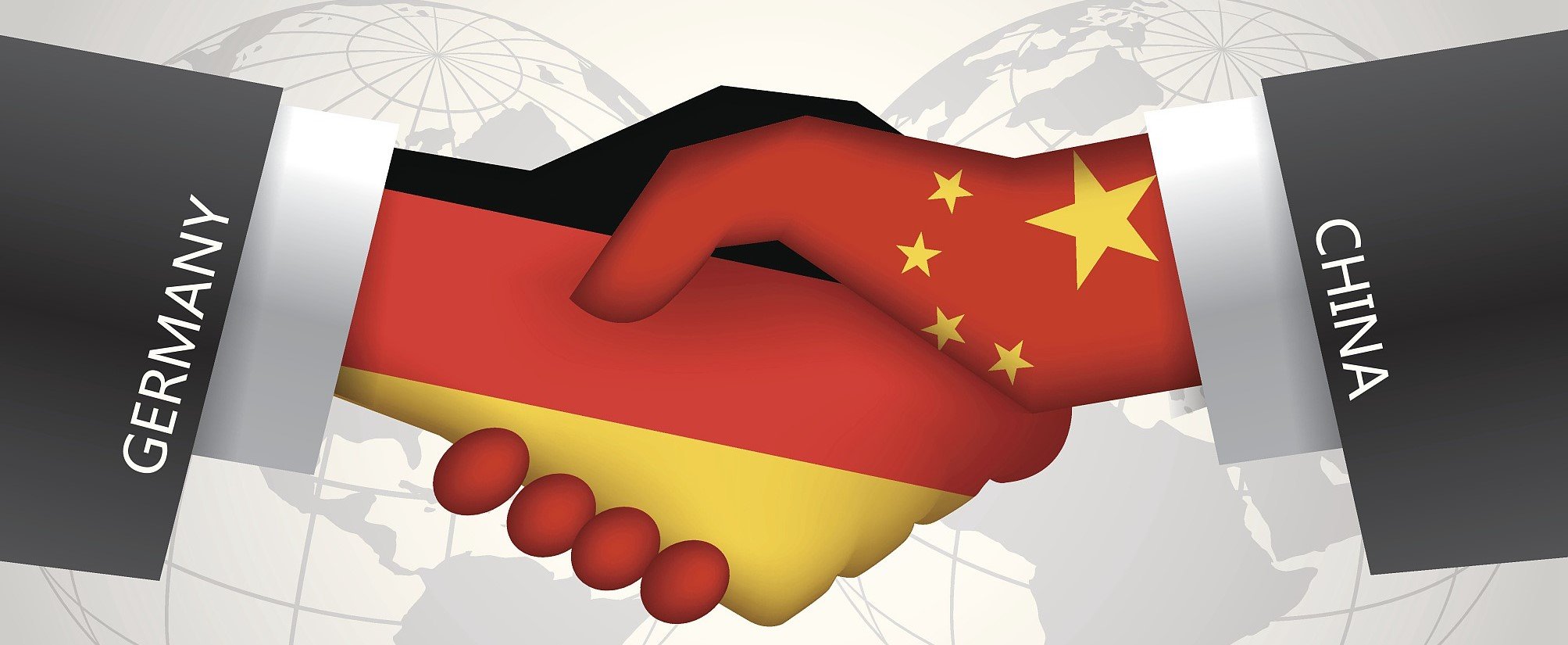

Feb
The idea of being “responsible” with your finances, whether we are referring to personal finance or the finances of a nation, has been the status quo (financial) goal for centuries upon centuries. For an individual, this means spending less than you produce and setting a little something aside on a regular basis. For a country, this means focusing on production rather than (more or less debt-fueled) consumption and… dare we say it, perhaps even running a surplus?
Some of you have most likely chuckled when noticing the word “surplus” because for the average 21st century nation, the idea of actually ending the year with something set aside and not running a deficit seems downright ludicrous.
This much is certain: we live in a consumerist system in the 21st century, whether we are referring to China and India or Germany and the United States. Furthermore, it is debatable if consumerism is even optional anymore at this point in light of the fact that the financial system as we know it would grind to a halt in the absence of perpetual growth.
The reasons why countries as well as individuals have been borrowing more and more go well beyond personal preference. Look at any half-decent GDP growth chart and you will notice that 2007-2008 was a mere blip, yet that blip risked bringing about the end of our financial system. Thinking that the worldwide financial system would be able to handle multiple quarters of “negative GDP growth” is optimistic at best and childish at worst: our over-leveraged bubble-laden financial system simply doesn’t allow it.
Now, while borrowing money is the status quo pretty much everywhere, a case could be made that some countries are more “responsible” in the traditional (pre-21st century) sense than others. Of course, we are referring to nations with healthy exports, from European examples such as Germany to Asian examples such as China.
Is this ”responsibility” desirable?
There are two dimensions here which are hard or even impossible to reconcile:
- For the countries themselves, of course it is desirable, just like it is desirable for the average individual to be financially secure by setting money aside… even if that means (once again, dare we say it) deferring consumption or choosing to refrain now so that you can hopefully do better things with that capital in the future
- For the system itself, however, it would be a disaster if all countries were to act like Germany or China. The same way, it would be a disaster if the average individual would embrace traditional financial responsibility and abandon instant gratification-oriented consumerism. In other words, as those of you familiar with the concept have most likely realized, we are dealing with a “paradox of thrift” situation, whereby the entities acting in what used to be described as a responsible manner are jeopardizing the financial status quo
As far as the second dimension is concerned, the fact that both Germany and China are frequently criticized for their production success speaks for itself. Criticized by whom? Pretty much everyone else, especially the trading partners with which the two nations experience the most impressive trade surplus.
For geopolitical reasons, China tends to be on the receiving end of such criticism more so than Germany but make no mistake, trading partners are anything but trilled with the situation when it comes to both nations.
What does all of this mean, exactly?
Once again, we can identify two broad lines of thought:
- Those who want to preserve the current financial system state that a “paradigm shift” has occurred, that debt is good and that being prudent is “so 20th century” for lack of a better expression. From Nobel Prize-winning economists such as Paul Krugman over in the United States to a wide range of politicians, many believe being financially prudent in the traditional sense is sub-optimal at best and dangerous for the financial system at worst
- Those who believe the current financial system is on an unsustainable path and that kicking the can down the road only makes things worse believe that no, countries such as Germany and China aren’t doing anything wrong. Many economists on this side of the debate agree that the behavior of countries such as Germany and China puts the stability of the current financial system at risk but state that there is absolutely nothing wrong with that in light of the fact that in their view, the sooner an unsustainable system experiences what they perceive to be a much-needed reset, the better
The ChinaFund.com team shares a perspective that while not at the extreme of the second dimension, is closer to it than the first. We have made it clear on more than one occasion that the behavior of the political world which revolves around doing anything humanly possible to kick the proverbial economic can down the road one more cycle (record-low to the point of even negative interest rates, quantitative easing and dovish monetary policy in general, excessive spending-oriented fiscal policy and so on) are doing the world a disservice and that the price we will most likely end up collectively paying gets progressively steeper as we venture into economic abyss further.
The end result of such an approach can only be a “big reset” situation in our view and given the severity of our current problems, we believe society will be in for perhaps the greatest transfer of wealth of all time. Needless to say, we are diligently researching and keeping our ear to the ground so as to ensure that our clients are on the right side of that transfer. For more information on how we can help you do just that, visit the Consulting section of ChinaFund.com.
